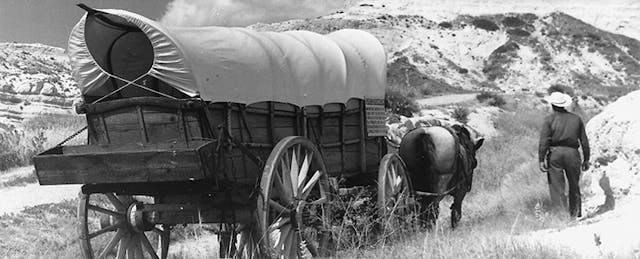So far, MOOCs are great for lectures with talking heads, whiteboards and PowerPoint slides. However, while lectures and auto feedback may be great for learning things like computer science, this method of teaching doesn’t quite apply the same way to teaching teachers how to teach. As the launch of Courera’s teacher professional development courses comes closer, a few brave professors will attempt to transfer what they know about how to develop teachers from hands-on, inquiry-based labs to Coursera’s lecture-based format.
Professor Chris “CJ” Thompson’s course, ‘Inquiry Science Learning’ from Rice University, will be part of the pioneering cohort of teacher professional development courses offered. Thompson is currently part of Rice’s STEMscopes, an online resource for Texas teachers that provides teachers with curriculum and support to do hands-on inquiry in their classes. His previous experience included facilitating teacher training through the Rice Elementary Model Science Lab, which gave teachers in-person coaching and opportunities to observe and be observed in a classroom lab.
Thompson will attempt to bring everything he knows about facilitating effective teacher PD, including leading teachers through inquiry-based learning, facilitating deep discussions, and coaching teachers through observations. However, due to the limits of the Coursera lecture and quiz format, Thompson is struggling to find ways to create meaningful inquiry opportunities through a video lecture. It’s hard to pose open-ended problems, when much of the assessment format is based around multiple-choice quizzes.
Thompsons hands are also tied when trying to develop meaningful peer-to-peer discussion so that participants can discuss how to apply concepts to their unique classroom situations. While Coursera does offer live discussions, it limits the number of students on video and relegates the other thousand online to a chat session. Wouldn’t it be great if there were a Google Hangout for hundreds of faces at once?
Having teachers submit videos of themselves in action would also be a great way to use the platform for giving feedback and assessing learning. Alas, due to confidentiality issues in sharing videos of students with thousands of strangers, this route toward teacher learning is less than ideal.
While there are many barriers to using a platform like Coursera to do effective teacher training, starting in August professors from schools like Rice, Vanderbilt, University of Washington, and John’s Hopkins University will try to pull best practices of teaching teachers online.
Will the current Coursera format be enough to reach teachers in meaningful ways and impact classrooms? Or will teacher PD demand a different set of tools from MOOCs in order to effectively teach teachers how to teach?


